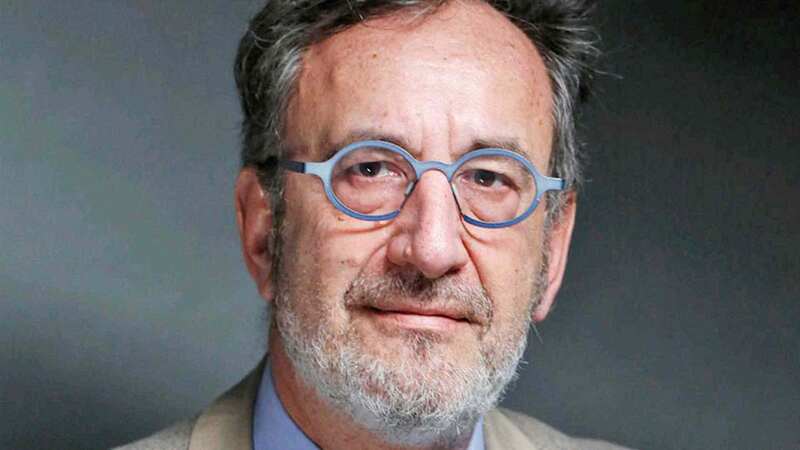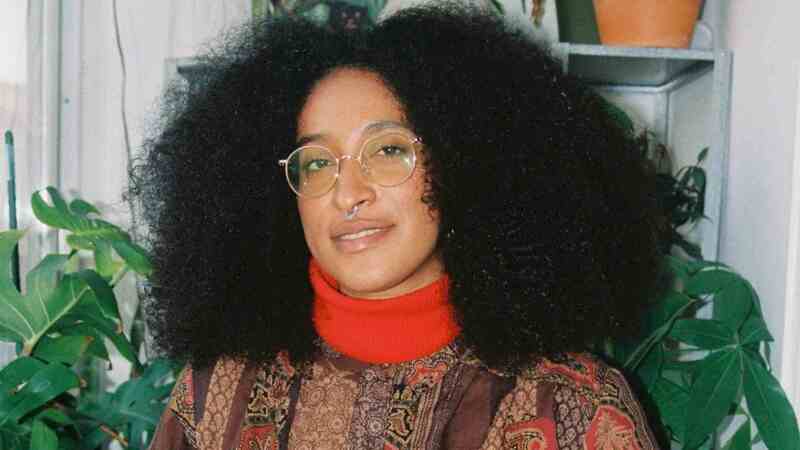You are viewing your 1 free article this month. Login to read more articles.
LBF Author of the Day: Seno Gumira Ajidarma
The London Book Fair Author of the Day reflects on the opportunities of the Market Focus scheme, and says writing from his homeland could reach more readers—at home and abroad.
Can you describe your writing?
I write in every genre, it depends on what the best form is for the idea. I started with poems, then short stories and essays, and I continue to work as a journalist. I also write novels, screenplays (mostly for television) and regular columns. Themes come from my interest at the moment of writing, but I never decide “what” the theme is, that's for the reader to decide. I never care about the subject and topic, I write whenever I am moved by something, from falling leaves to social and political issues.
What does Indonesia’s participation in LBF mean for the country as whole?
It is an opportunity for Indonesian literature to be better known in our own country, because the idea of literature or a life in writing, outside of journalism and textbooks, is almost a strange and alienated subculture, barring a few bestselling commercial authors. On the whole, it is not only a challenge for Indonesian publishers to deal with the UK and other overseas markets, but for our books to become better known at home.
How would you describe the state of Indonesian writing and publishing?
Being a writer is still thought of as a hobby and not something to be devoted to. Serious literature is only really mentioned in academic circles as a subject to be studied and among the intellectual community, where books are appreciated without the guarantee that they are actually going to be read. Yet in the big cities, books (especially fiction) are growing to be part of the lifestyle for the young generation, and book clubs for young mothers are a new phenomenon in the past decade. Still, discourse on politics is more a part of everyday life, so books on politics, history and religion are more likely to be bestsellers than literary books.
It is strange: the quality of our writing can compete with works from any other country, yet Indonesian writing is not known enough in the country itself. How can you promote and sell works that most of your people don’t even know exist? But a slight change has occurred with the recent idea of creative industries. What our industry needs is not genius writers, but marketers.
How, then, can Indonesian writing be better promoted?
Promoting books about important, big issues is easier than promoting creative writing. The challenge will be for the least commercial writing, such as poems, essays or plays. Popular fiction doesn't really need this promotion as it already has a growing market, but Indonesian literature in the classic and contemporary sense should be especially marketed. In the big cities, Haruki Murakami has become much more popular than [the giant of Indonesian letters] Pramoedya Ananta Tur. How can Murakami be better known? It's shocking. I think publishers need to underline and promote the importance of [Indonesian] works of literature to the public.













